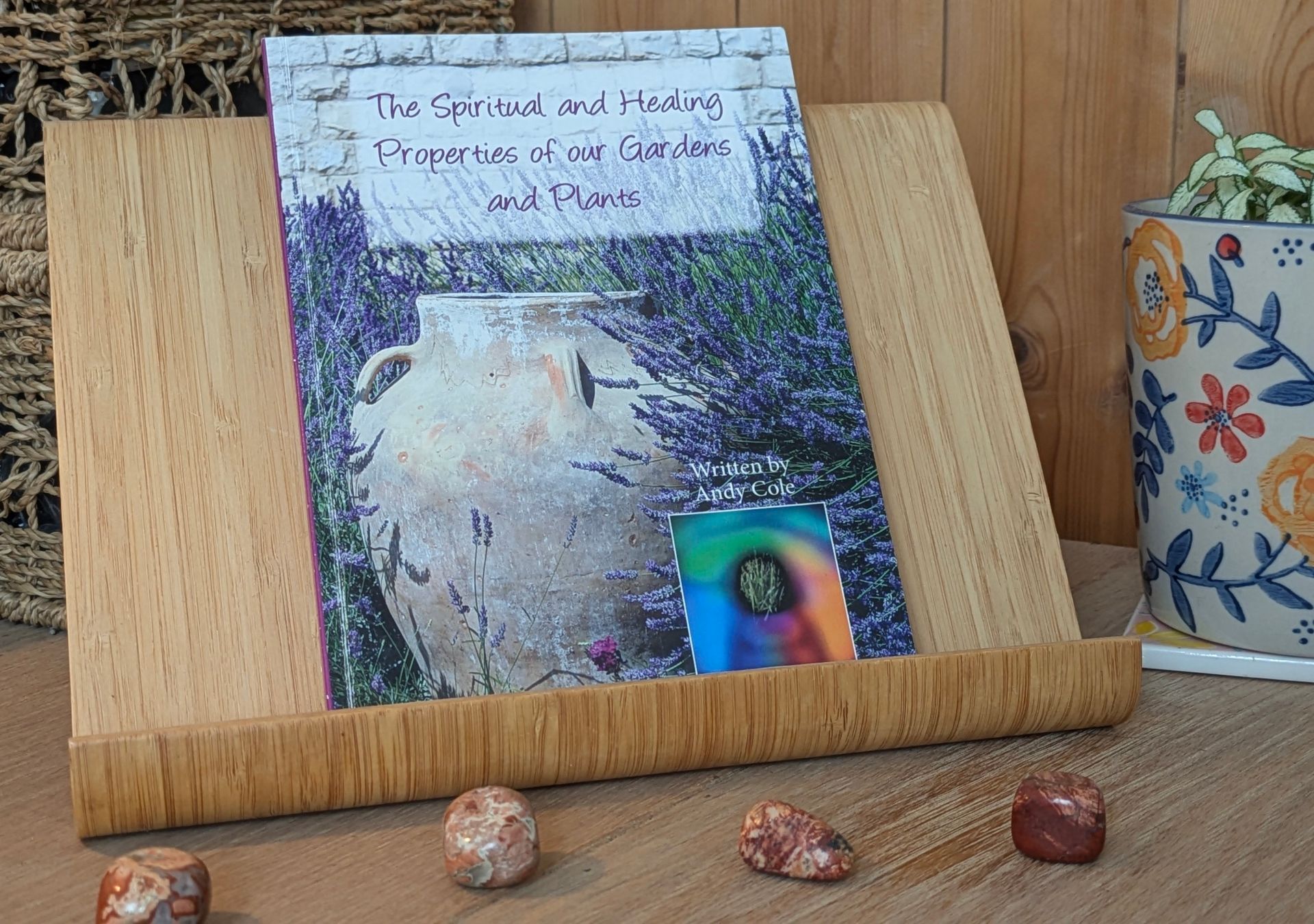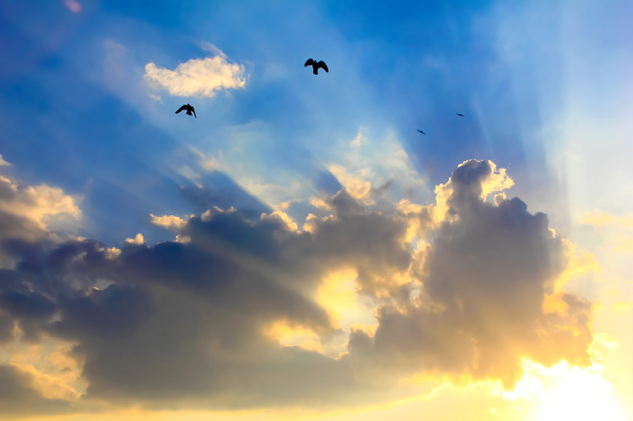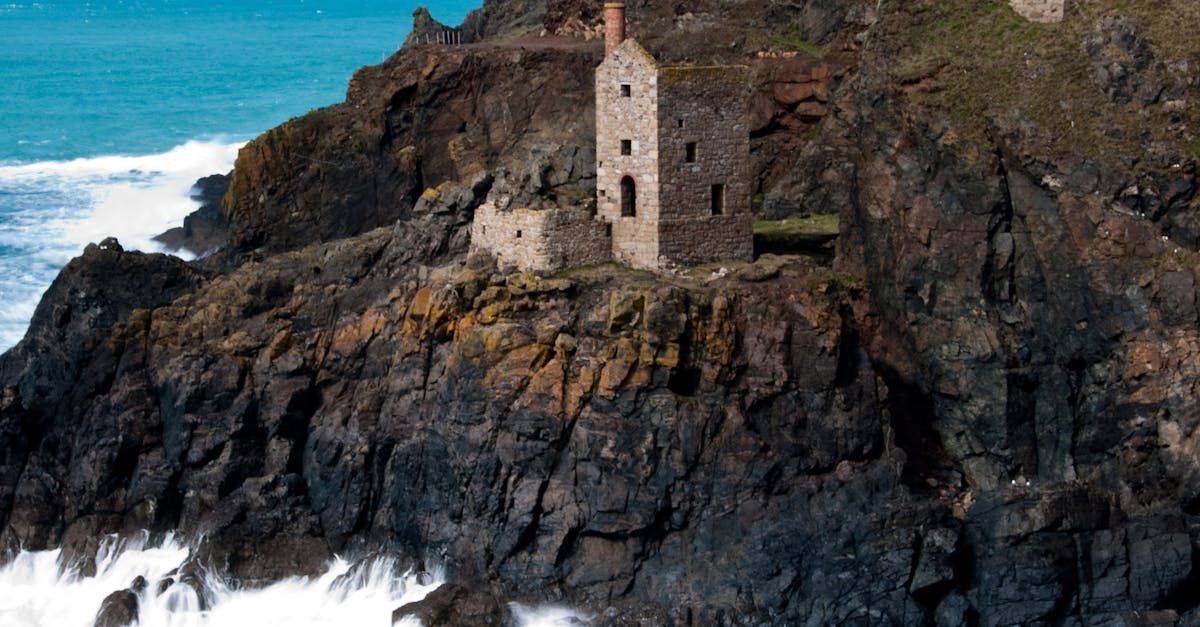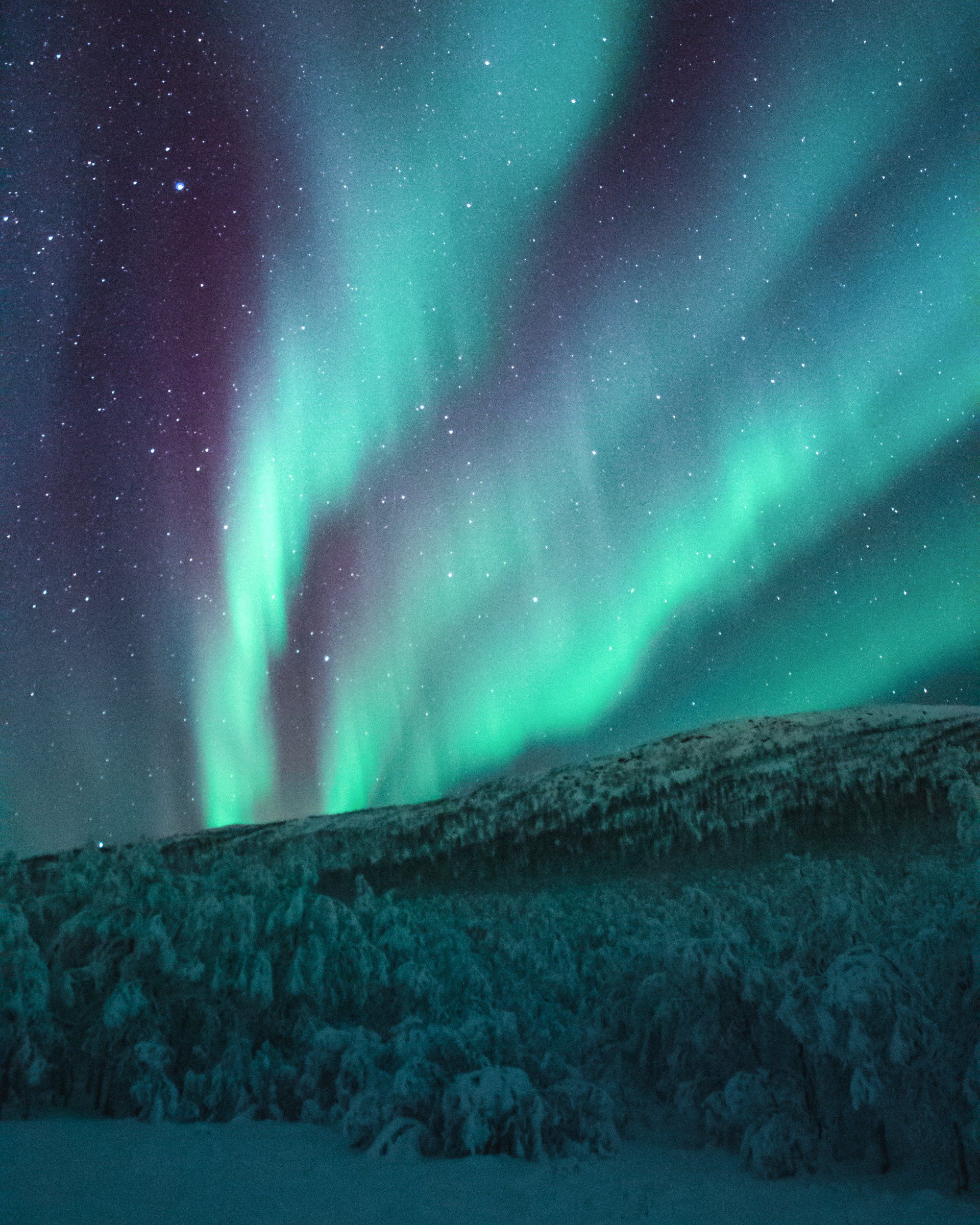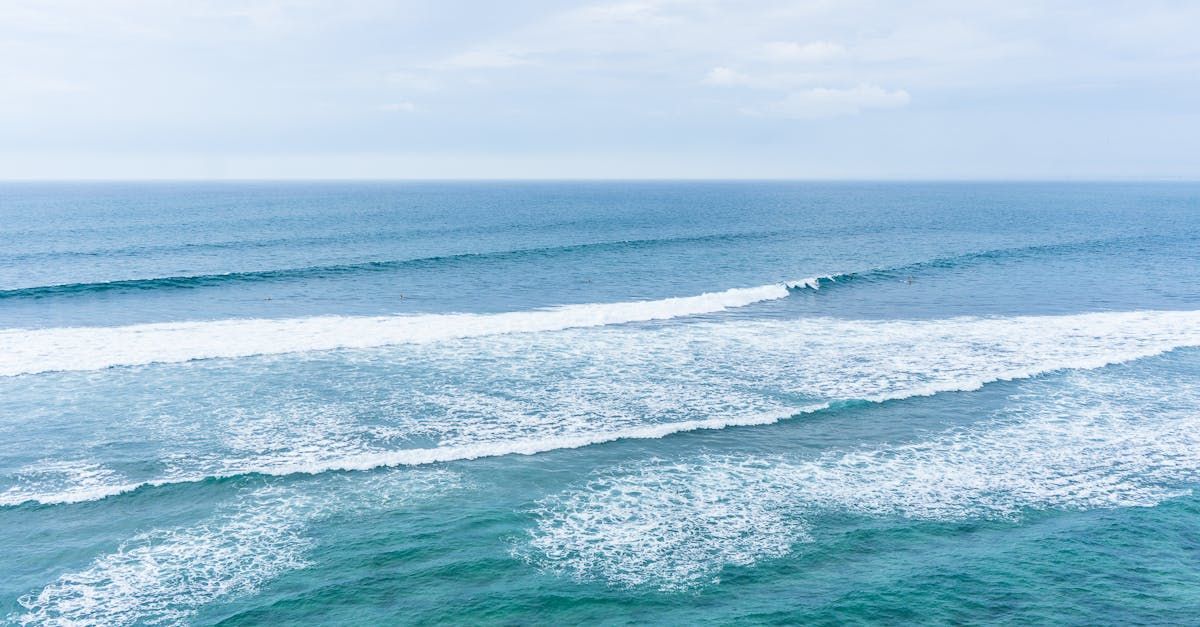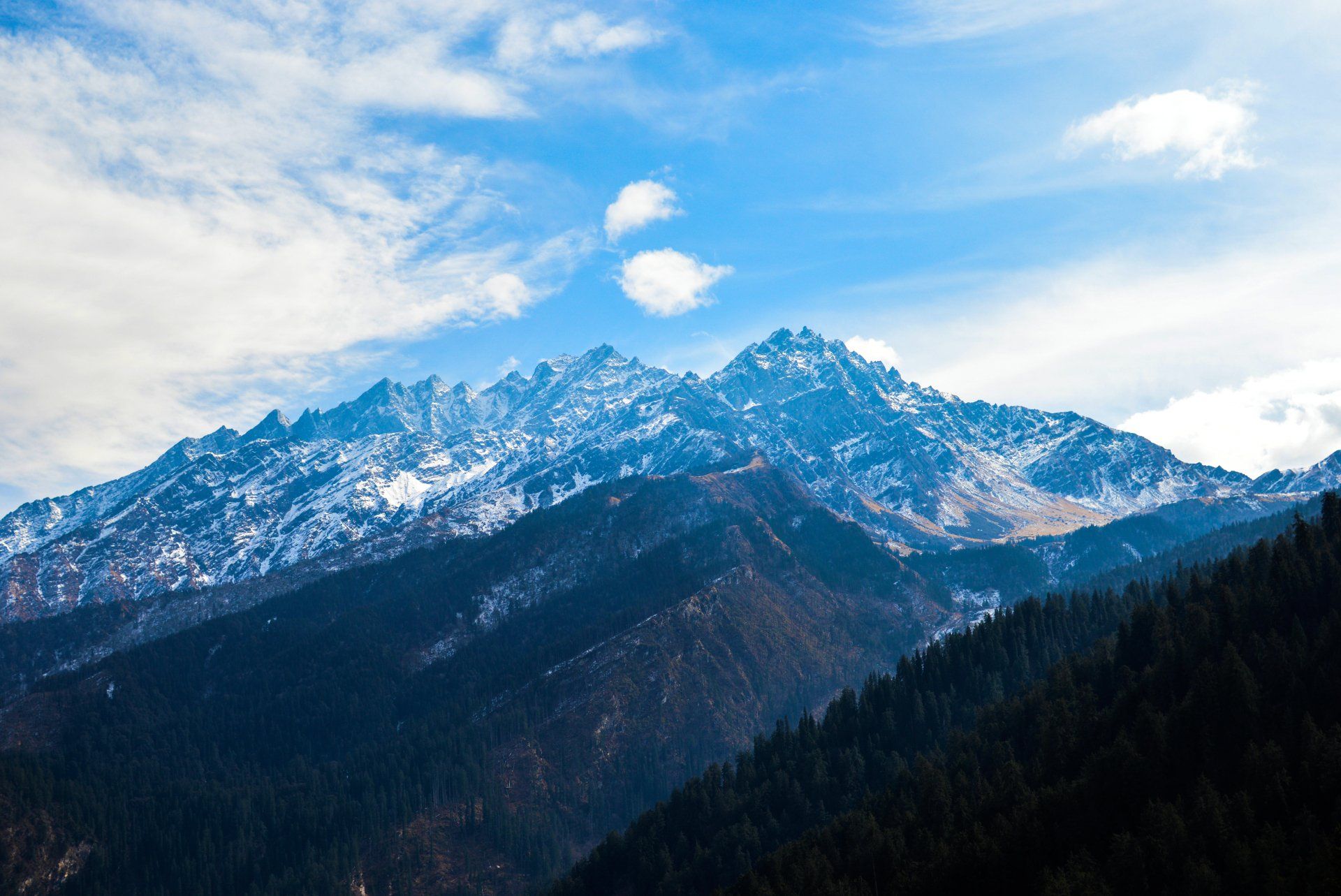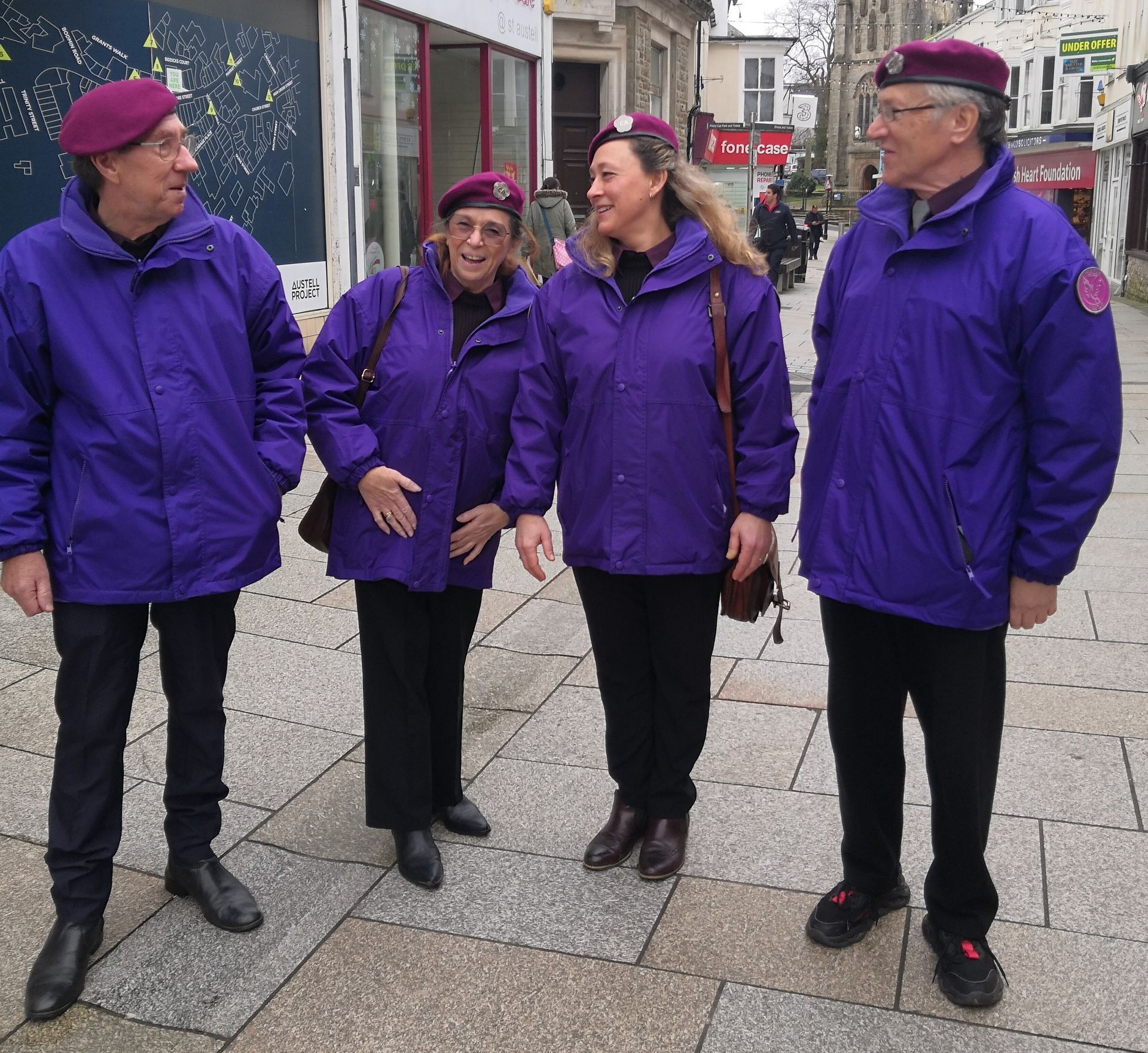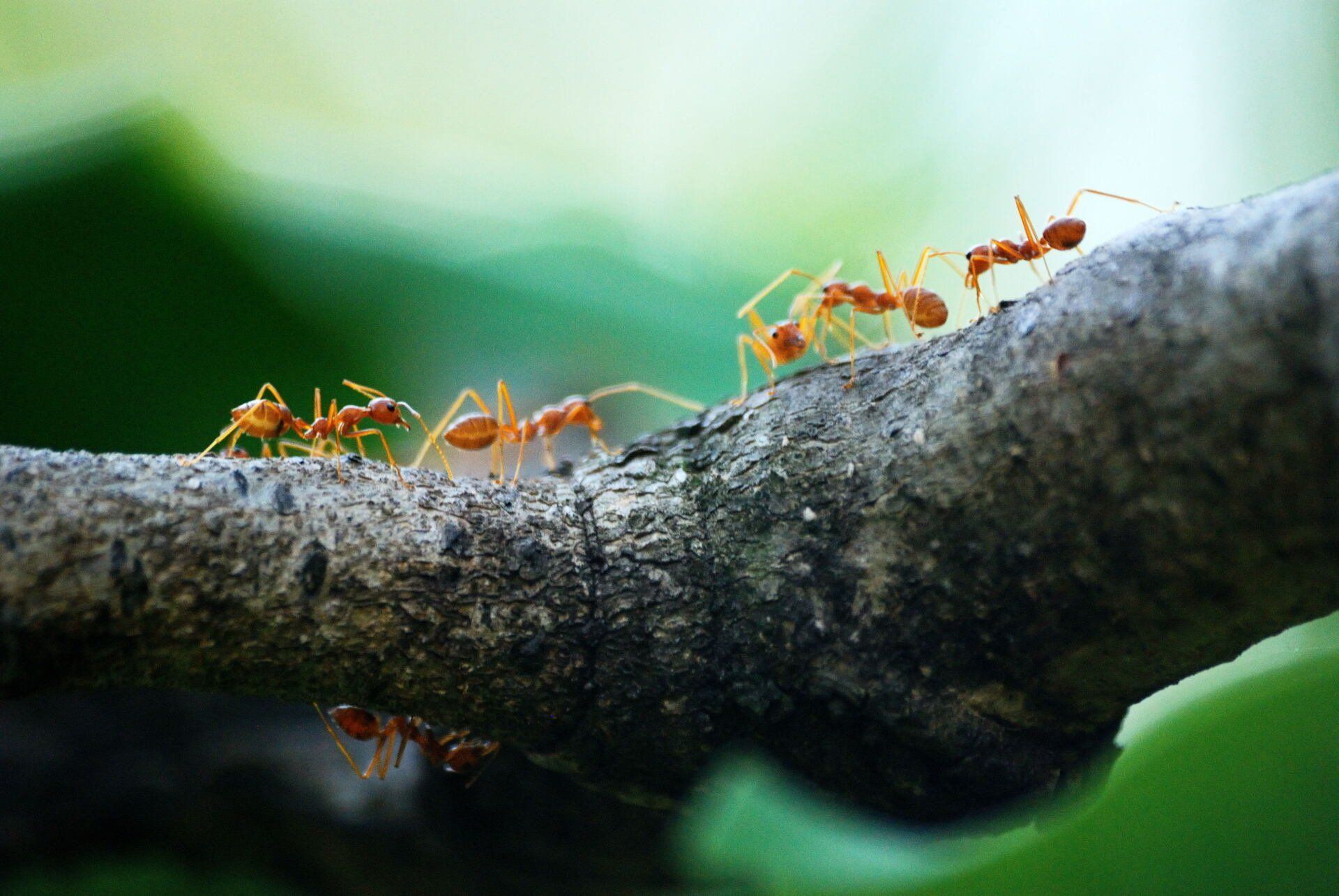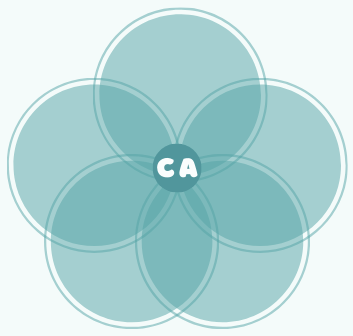Stolen Isles by Stuart Hill
Shetland's true status and what it means for the rest of the world
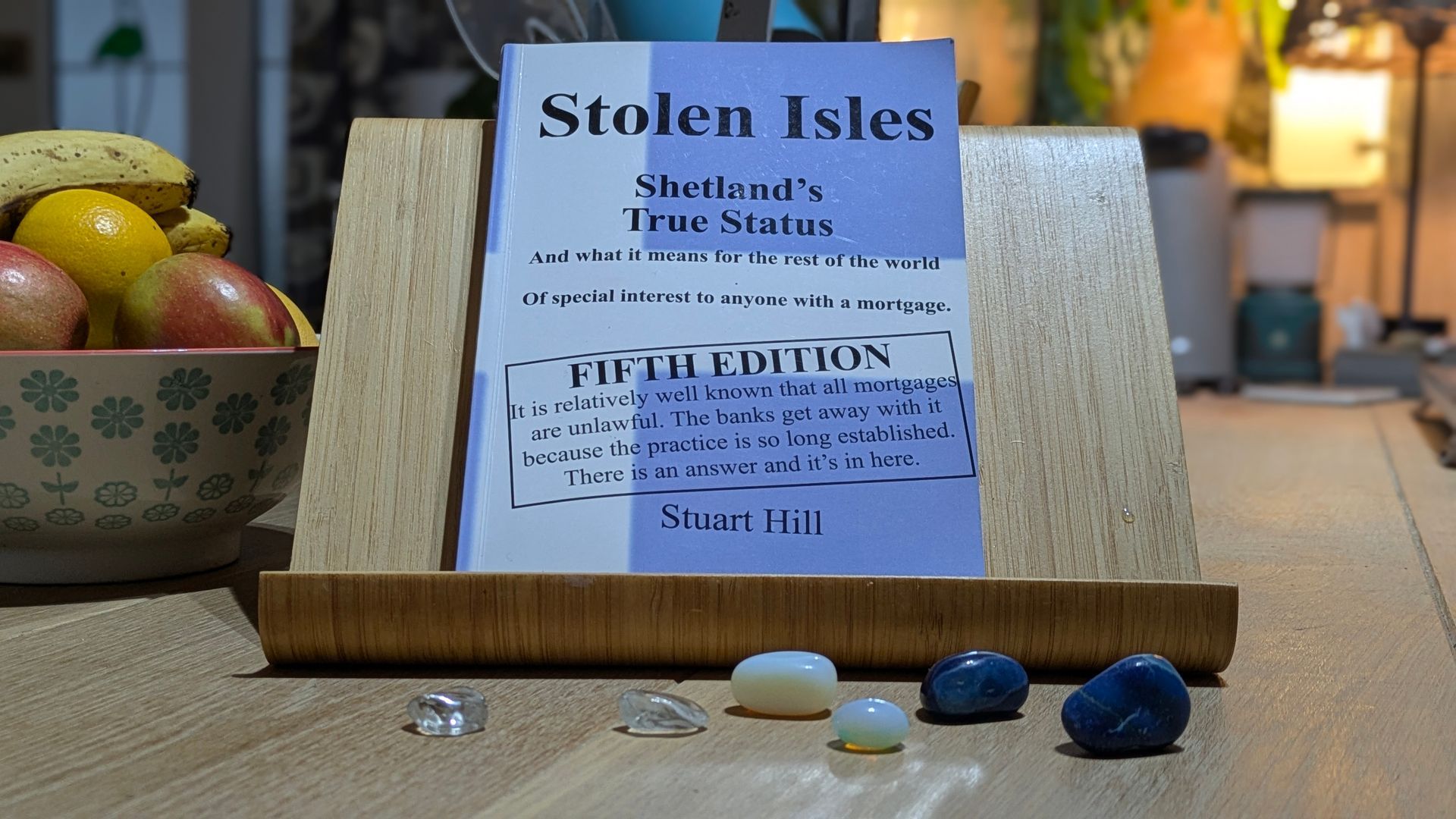
This remarkable book is centred around a pertinent question: Does the UK or Scotland have any real authority in Shetland? It not only provides answers, with unequivocal evidence, but also comes with a clear message for those living in the beautiful Shetland Islands and, by dint of its significance regarding land ownership, to the rest of the world.
Stolen Isles is a seminal book that we should all pay attention to, especially when looking for proof regarding unlawful mortgages and our status in terms of sovereignty and allodial ownership. The foreword is written by retired judge, Geoffrey Care. The following review contains information that will open your eyes to the potential and give you the courage to stand up for your freedom and the freedom of future generations.
A pioneering mission
Stolen Isles is written by Stuart Hill who went on a quest to find out the truth. Like all innovators who dare to question the real origin of things, it has been a labour of love and a tremendous investment in challenging a seemingly mighty foe. It was a pleasure to meet Stuart when he travelled over land and sea to talk to us about his mission at one of our regional meetings in Kernow.
Stuart is a lone pioneer with a library of accrued knowledge that exposes the hidden truth about a system that has encroached on our freedom for centuries. As we know by now, finding out the truth is the first step towards establishing our ultimate autonomy and freedom.
A matter of fact
Shetlanders are well used to being exploited – ever since incoming Scottish Lairds reduced these once sovereign people to little more than serfs in the 15th and 16th centuries. However, in Shetland and elsewhere, few people are prepared to pop their heads above the parapet and take action, even as local communities and amenities are depleted and vast amounts of money are taken without tax payers knowing where their money is being spent.
This applies to anyone paying taxes that are used to bail out bankers and support phoney wars. It means that paying taxes to the government is a criminal act. As Stuart says: Although you are excused if you do not know it, I'm about to tell you, so you can no longer deny it. When war is illegal, paying tax is a war crime, so paying tax while the UK supports illegal wars in Afghanistan, Iraq, Libya or Syria makes tax payers war criminals. This is not just some fanciful anti-war nonsense - there is plenty of international and domestic law to support it.
This message is made clear in Stolen Isles with evidence presented on every page. It comes from years of searching and documenting original proof. Stolen Isles is set out in chapters so that every event and year is recorded chronologically with various key documents presented in the appendices. Initial chapters are concluded with: [1469 to 1963] Shetland was not part of Scotland.
For a great many people, Stuart's fastidious work is a wake-up call to inform us that we have all been sold a lie, resulting in a great proportion of the population choosing to bind to and depend on a system founded on unlawful practices that do not have our best interests at heart. This comprehensive, highly articulate and well researched book carries a clear message to humanity and holds a beacon of light to our future.
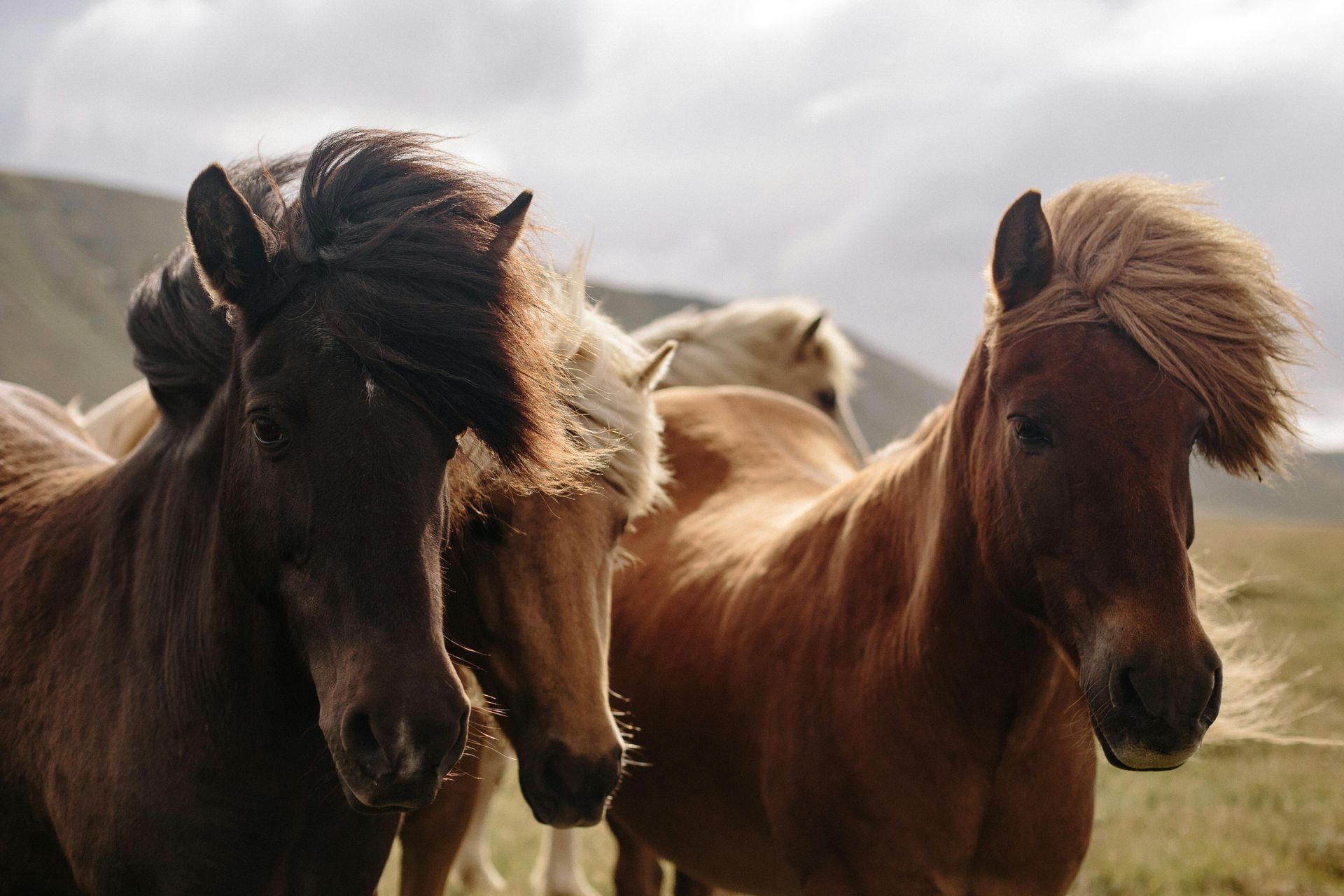
A beautiful natural landscape
First, a brief introduction to Shetland. It is a stunning part of the world that is remote to many of us and a place I would dearly love to visit one day, especially to experience the extremes of weather and Nature living in peace and harmony with the landscape, the people and the sea. Talking to people who live an amazing life close to the land and sea is always a pleasure, as it was listening to Stuart's stories.
Shetland has a fascinating and unique natural environment. The location of the islands has contributed to the evolution of a truly Shetlandic collection of scenery and geology, bird life, sea mammals, wild flowers and wonderful beaches.
In Spring, the cliffs are alive with seabirds and pink with Thrift - a maritime plant adapted to live in a salt-laden environment. The name comes from the fact that it can thrive in shallow and nutrient-poor soils with little fresh water available. Visitors travel from all over the world to enjoy Shetland’s sensational seabird colonies and migrating rarities. It really is a bird lover’s paradise.
Surrounded by sea, Shetland is the perfect place to watch sea mammals, particularly Common Seals, Grey Seals, Otters, Harbour Porpoises and, occasionally, Orca Whales. There are many boulder-strewn storm beaches as well as stretches of stunning white and golden sands. On land, you will find Shetland's world-famous small ponies that can be seen throughout the islands - grazing by the roadside, on the beaches and on the heathery hills.
Inspired by the dramatic scenery, heritage and culture, Shetland is world famous for its arts and crafts with producers offering a unique and diverse range of handmade creations including traditional knitwear designs handed down through generations, as well as modern and highly original craft work. Growing industries include fishing and aquaculture, tourism, hospitality and the creative arts. It is a travesty that all this is compromised by one of the largest onshore wind farms in Europe, something that Stuart is fighting to have removed.
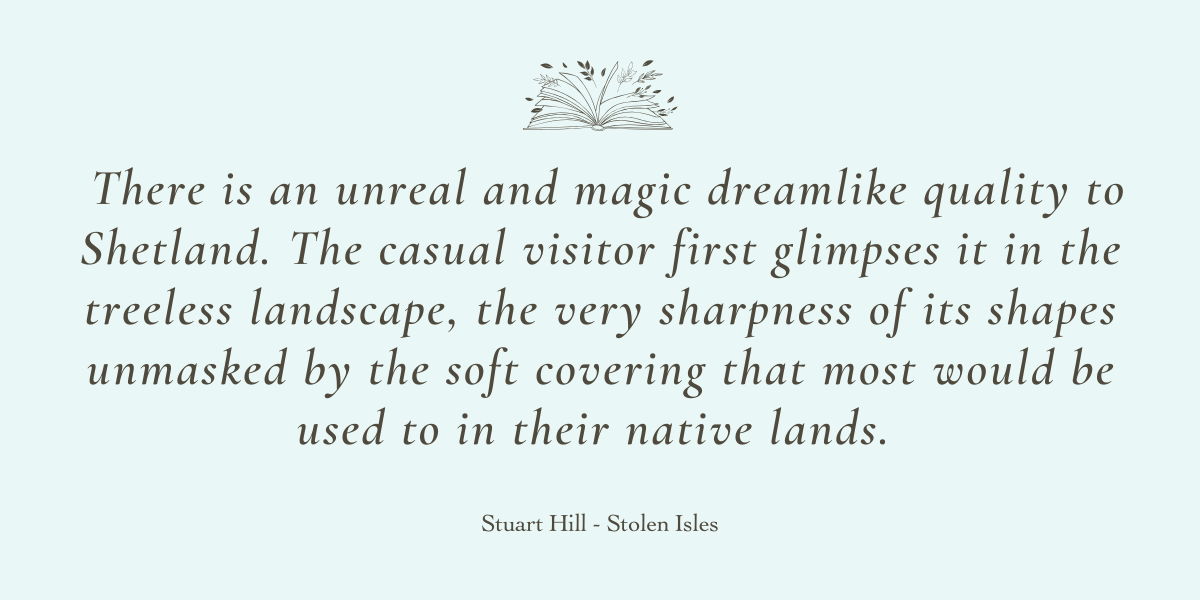
An independent state
Shetland has a rich history and heritage, marred only by the colonial yoke placed upon it by the British Empire in opposition to international law which states that it is the right of any people to opt for self determination. This right has been hidden to the extent that Shetland and Orkney have been accepted by the world generally as being part of Scotland.
In Stolen Isles, Stuart deals with the issue of sovereignty. Ownership of the land in Shetland is allodial which is synonymous with sovereignty. It is owned by the people of Shetland outright and this has never been taken away.
As Stuart explains: In every Nordic region, including Shetland, the Lawthing was able to make and alter laws within the overall structure of the main law. By electing their king, owning their land outright and by making their own laws, Shetland udallers demonstrated sovereignty in the most profound sense.
An udaller is one who holds property by udal (allodial) rights, the highest form of ownership. In the UK, the Crown is deemed to have allodial ownership of all land in the realm. Subjects have freehold tenure – under the Crown. A unique quirk of Orkney and Shetland's history leaves them with allodial ownership (and innate sovereignty) of their land ownership under God alone.
These rights have never been relinquished, nor extinguished by the Crown. They have been passed down to anyone who is currently a land-owner. This has never been removed by legislation or any other means.
The people remain sovereign and have the strongest claim to determine the future of Shetland, but they have lived in oppression and ignorance for so long and to such an extent that their whole collective psyche has been affected and they have been unable to assert their rights.
The reality that the people of Shetland have to wake up to is that Shetland is its own independent state. There is no legal proof that it ever became part of Scotland and, when challenged, neither of those states makes any claim to Shetland's land or seabed. This is not wishful thinking, it is just plain fact.
This means that, in summary:
- The UK can show no proof that Shetland is part of Scotland
- Scotland can show no proof that Shetland is part of Scotland
- Shetland Islands Council is unable to show proof of its authority
- Lerwick Sheriff Court is unable to show proof of its authority
- The UK is unable to rebut a claim to Shetland's land and seabed
- Scotland is unable to rebut a claim to Shetland's land and seabed
- The Crown does not now, and never has in the past, owned the allodial title
If Shetland is not part of Scotland, any Scottish referendum on independence has no relevance or validity and the result cannot be binding on Shetland or Orkney. It means politicians have no mandate and any deals they purport to make are automatically void. It means that the UK is guilty of stealing resources and unlawfully demanding taxes and making austerity cuts.
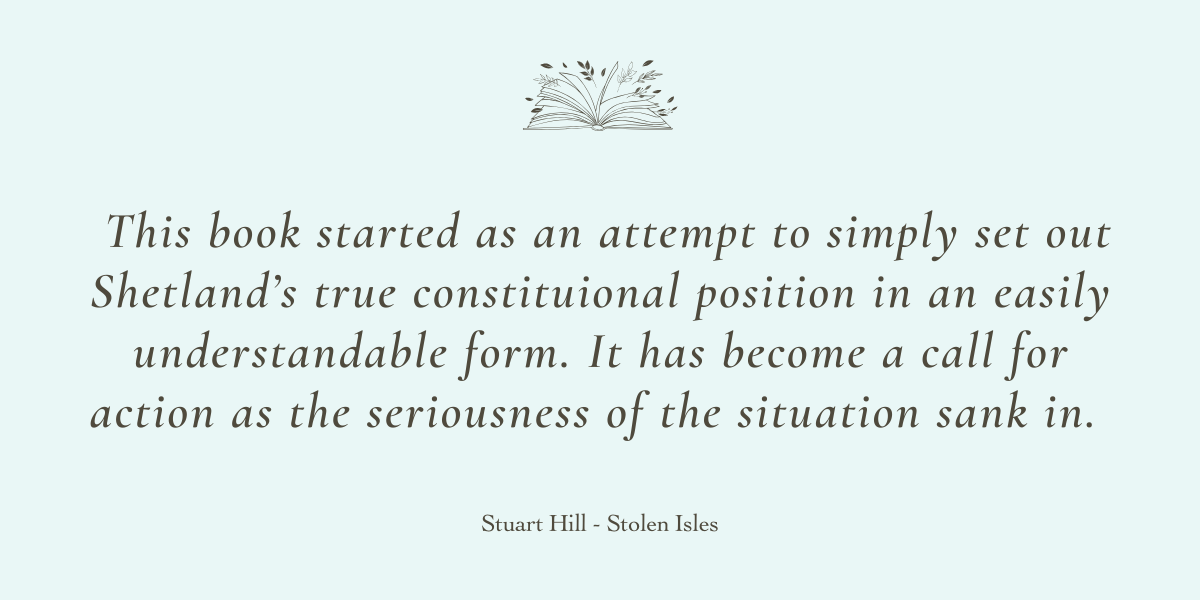
An unlawfully neat trick
To clarify further, Stuart explains: The court needs both territorial and personal jurisdiction. When I discovered that in Scots law, the authority of the court derives from the sovereign power and that the sovereign power is the same as allodial ownership, it was easy to see that in Shetland the court could not have territorial jurisdiction if the Crown does not own Shetland, but what about personal jurisdiction?
What they hide from us is the fact that we all have two personalities - the living man and a legal fiction person with which we interact with the state. They are not the same. The legal fiction person is nearly always written in all-capitals and you will find it on all official documents. This is quite well known, but my Shetland experience sheds a different light on it.
I figured out that the court gets personal jurisdiction from the Crown's allodial ownership of the legal fiction 'person'. It can't own the man, that would be slavery, but it can own the 'person'. In court, all they have to do is get your consent to be, or act as the 'person'. This is elegantly simple - when Joe Bloggs stands in the dock and the clerk asks: "Are you Joe Bloggs?", Joe simply says "Yes". What the clerk actually asked him was "Are you JOE BLOGGS?" As far as the court is concerned, poor Joe has just agreed to act as the 'person' they own. Gotcha!
This unlawfully neat trick is the basis of 'policing by consent'. When I have answered "I am Stuart of Forvik", "I am the man called by the name Stuart" or anything else apart from "Yes", I have been told that the court has no business with me. They actually admit that the man before them is not the 'person' they wish to engage with. This has implications far beyond Shetland.
Stuart concludes: This puts Shetland in a commanding position in any negotiations and it is up to the people of Shetland to choose what relationship they want with the rest of the world. It means that, if it wants to, Shetland can have a society run completely by the rules its members wish to live by with no domination from outside forces.
It is true that all residents in Shetland should be concerned that the Crown has only a magazine article (with no supporting evidence) to support its authority. This is a matter that has been decided in the courts and the implications are momentous. The same applies to all residents of the British Isles and it is up to us to register this truth in our minds and walk away from a system that never served us and continues to bear down on us without any right to do so.
Sue Cartwright
Editor, Community Assembly of the British Isles
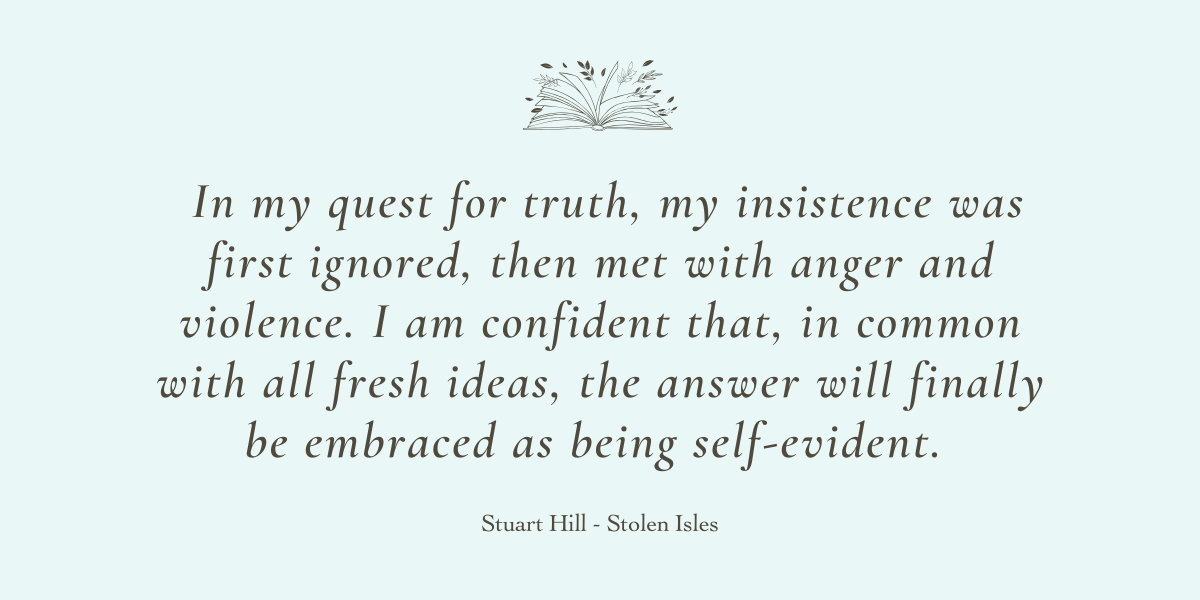
Buy the Book!
This is the story of one man's quest for the truth. Having been introduced to the idea that all may not be right with Shetland's constitutional position, Stuart set about finding out the true story. It led him to question everyone who should know how the UK derives its power in Shetland - from the Queen down. Having received nothing but bland assurances, Stuart resorted to breaking the law to test the strength of what by now he had come to regard as an illegal regime. Learning the law as he went along and enduring abuse by the courts and even imprisonment without trial, Stuart eventually managed to get the Crown to reveal that it relies on a magazine article for proof that Shetland is part of Scotland and to prove it has no authority.
All procedes go to The Sovereign Nation of Shetland which works tirelessly to bring the truth to light and establish independence, freedom and autonomy for the people of Shetland and Orkney.
To purchase your copy of Stolen Isles (Fifth Edition, printed 2022), please go to www.stolenisles.com
If you enjoyed this post, please share or forward to a friend - thank you!

